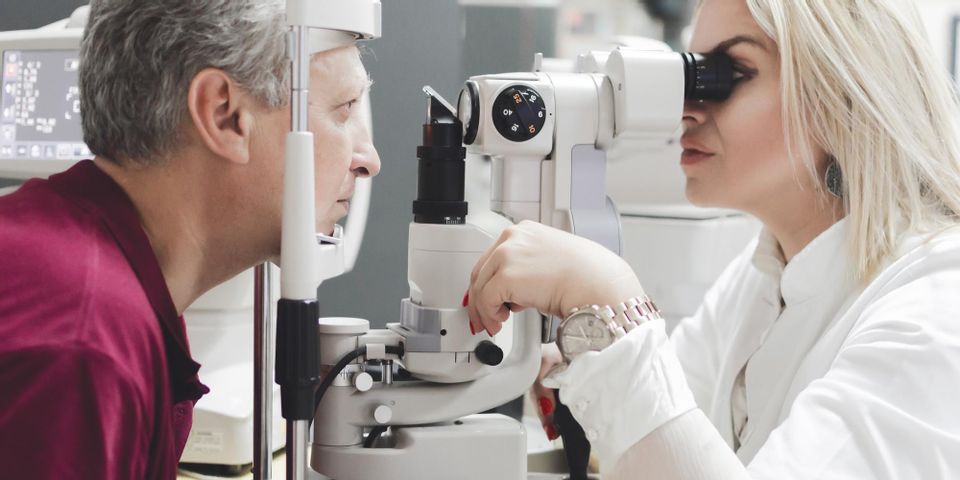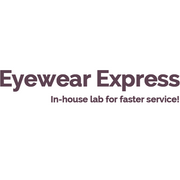
When you visit the optometrist, one of the most important parts of your eye exam is a glaucoma test. Glaucoma is a progressive condition which can cause blindness if left untreated. Testing helps identify the condition early before damage is done to preserve your eyesight.
A Basic Guide to Glaucoma
What Is Glaucoma?
Glaucoma damages the ocular nerve, the pathway which sends signals from your eye to your brain. It’s caused by high fluid pressure inside the eyeball. Over time, the ocular nerve becomes increasingly impaired. Although the nerve damage is irreversible, the pressure can be relieved to stop the disease from progressing.
Who Is at Risk?
 Glaucoma occurs most often in people over 60 years of age and those with diabetes. It tends to run in families, so having a family member with glaucoma is an indicator that you should be checked frequently. Individuals of African American descent are also more likely to be affected.
Glaucoma occurs most often in people over 60 years of age and those with diabetes. It tends to run in families, so having a family member with glaucoma is an indicator that you should be checked frequently. Individuals of African American descent are also more likely to be affected.
What Are the Warning Signs?
One of the reasons glaucoma tests are so important is that you will likely experience no symptoms until vision loss begins. Early in this process, you may experience blurriness or see halos or rainbows around light sources. You may also develop headaches, eye pain, or nausea. If you have symptoms, you need to visit an optometrist immediately to halt the progression of glaucoma.
What Happens During a Glaucoma Test?
There are two common tests used to check the fluid pressure in your eye. In one, the optometrist will use a machine to direct a puff of air into your eye. Nothing will touch your eye, and the procedure is quick and comfortable. Another option uses dyed eye drops which help numb the surface of your eye so the optometrist can touch it without causing discomfort. Both tests are effective at gauging the pressure inside your eye and checking whether it is at dangerous levels.
If you’re overdue for a glaucoma test, visit Eyewear Express in Rhinelander, WI. For over 25 years, Dr. Jeff Williquette and his team have provided Oneida County residents with caring, skilled, and compassionate vision care services tailored to your individual needs. To schedule an appointment, call (715) 365-1515 or reach out online.
About the Business
Have a question? Ask the experts!
Send your question

